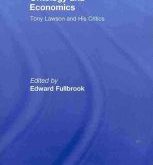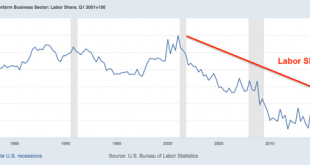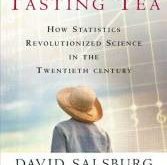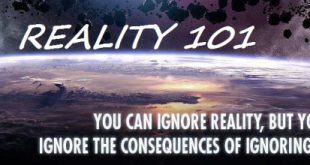Read More »
Progressive policies may hurt the stock market. that’s not a bad thing.
from Dean Baker Last week, we saw the media terrified over a plunge in the stock market following an escalation of Donald Trump’s trade war with China. There are good reasons to be concerned about Trump’s ill-defined trade war and reality TV tactics, but the plunge in the stock market is not one of them. While the idea that the stock market is a measure of the health of the economy permeates news reporting and popular understanding, it has no basis in economics. The stock market is a...
Read More »Adani beware: coal is on the road to becoming completely uninsurable
That’s the headline for my latest piece in The Conversation. Although I use Adani as a convenient example, it’s about the bigger issue of whether insurers will flee from the potential litigation liability of insuring fossil fuel producers. Of these, thermal coal miners and generators are the most vulnerable because they are already marginal in economic terms. Share this:Like this:Like Loading...
Read More »No reality, please. We’re economists!
from Lars Syll Mathematics, especially through the work of David Hilbert, became increasingly viewed as a discipline properly concerned with providing a pool of frameworks for possible realities. No longer was mathematics seen as the language of (non-social) nature, abstracted from the study of the latter. Rather, it was conceived as a practice concerned with formulating systems comprising sets of axioms and their deductive consequences, with these systems in effect taking on a life of...
Read More »Time is running out
from David Ruccio Richard Reeves is right about one thing: time is crucial to capitalism’s legitimacy. The premise and promise of capitalism are that the future will be better than the present. And “if capitalism loses its lease on the future, it is in trouble.” The fact is, things are not getting better for the vast majority of American workers. They’re falling behind. For example, as is clear in the chart above, the labor share in the U.S. nonfarm business sector has fallen more than...
Read More »Yet another New York Times column gets the story on automation and inequality completely wrong
from Dean Baker I am a big fan of expanding the welfare state but I am also a big fan of reality-based analysis. For this reason, it’s hard not to be upset over yet another column telling us that the robots are taking all the jobs and that this will lead to massive inequality. The first part is more than a little annoying just because it is so completely and unambiguously at odds with reality. Productivity growth, which is the measure of the rate at which robots and other technologies are...
Read More »Open thread August 13, 2019
On the applicability of statistics in social sciences
from Lars Syll Eminent statistician David Salsburg is rightfully very critical of the way social scientists — including economists and econometricians — uncritically and without arguments have come to simply assume that they can apply probability distributions from statistical theory on their own area of research: We assume there is an abstract space of elementary things called ‘events’ … If a measure on the abstract space of events fulfills certain axioms, then it is a probability. To...
Read More »Market oriented solutions to the problem of too many guns
There are too many guns in the USA. If you don’t agree, no need to bother reading on. The market oriented solution is obvious, has no Constitutional problems, and is simple. 1) tax gun production and imports. They don’t grow on trees. A tax of $ 5000 per gun would be useful. Better a higher tax on semi-automatics and a lower tax on shot guns. I don’t give a damn about the risk of depriving poor people of an easy way to kill themselves and each other....
Read More »Econometric illusions
from Lars Syll Because I was there when the economics department of my university got an IBM 360, I was very much caught up in the excitement of combining powerful computers with economic research. Unfortunately, I lost interest in econometrics almost as soon as I understood how it was done. My thinking went through four stages: 1.Holy shit! Do you see what you can do with a computer’s help. 2.Learning computer modeling puts you in a small class where only other members of the caste can...
Read More » Heterodox
Heterodox




